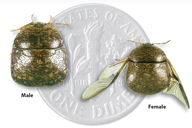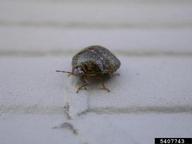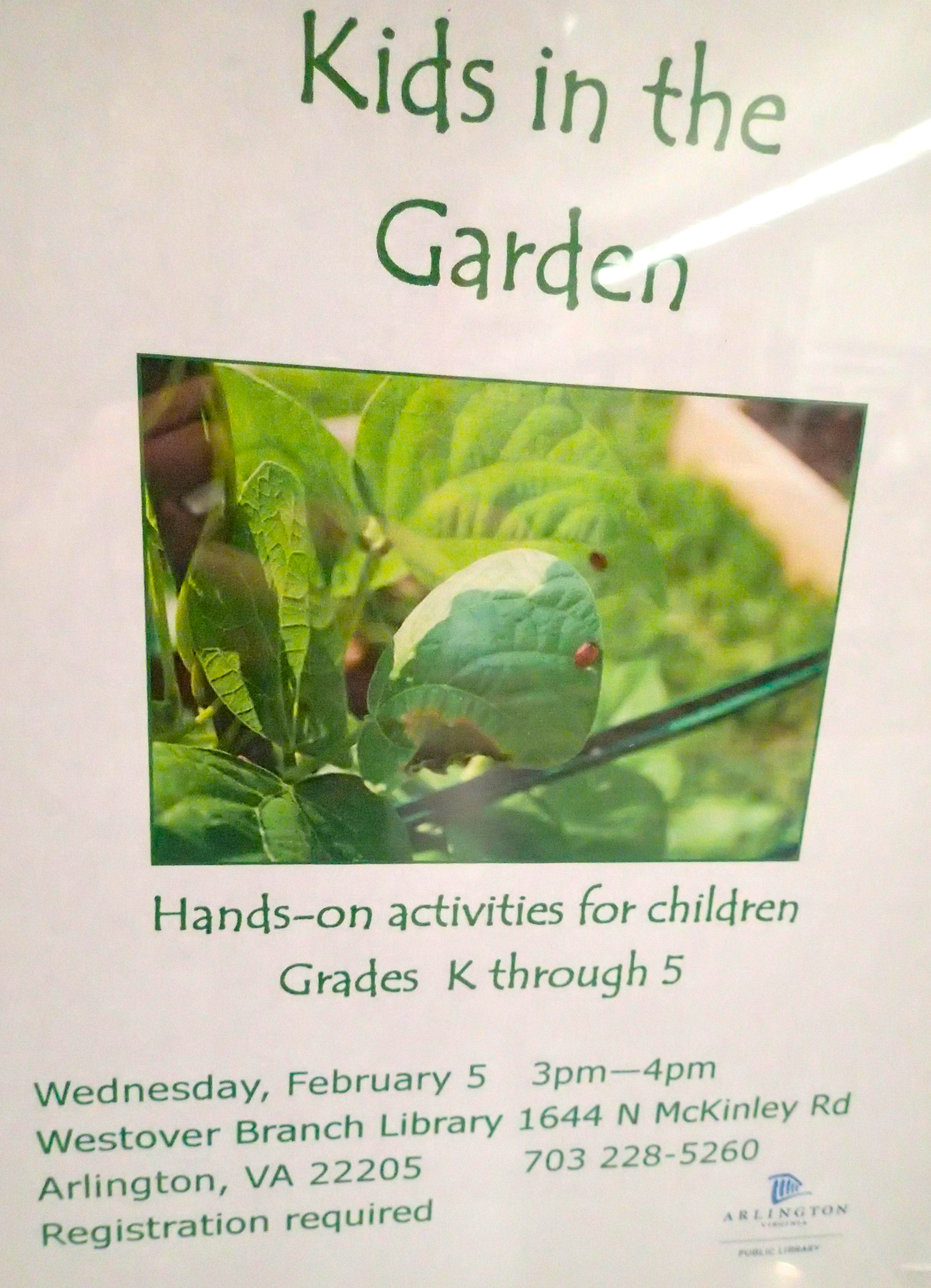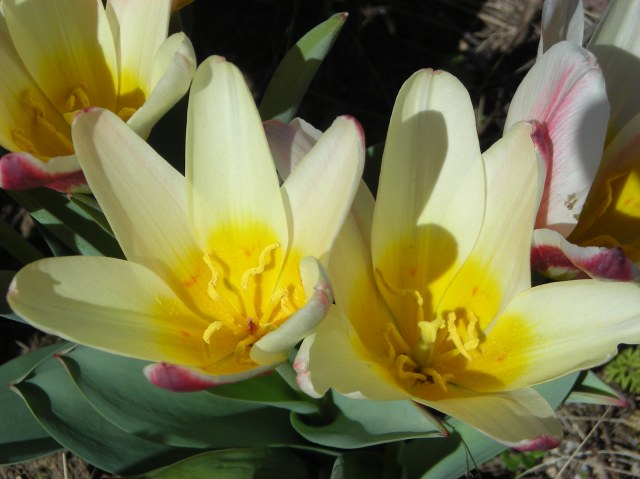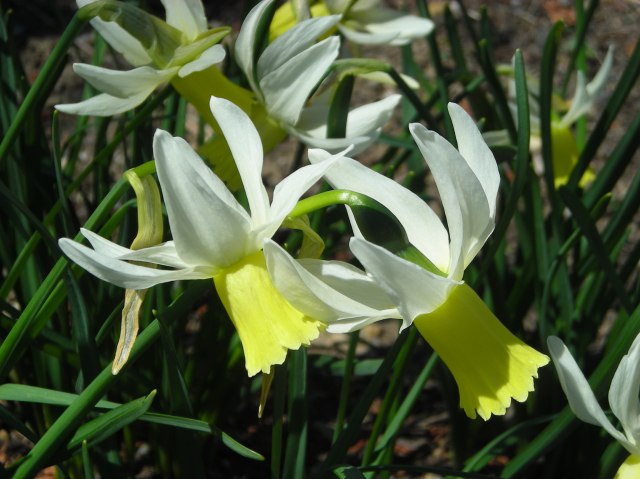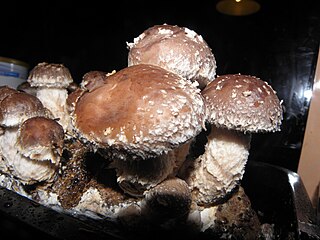Cooperative Extension in Arlington is participating in a statewide survey to determine the presence of Kudzu Bugs in Northern Virginia. Traps will be installed in suitable garden sites to try to detect their presence. If you see this insect at your home or elsewhere please report it to the Arlington Virginia Cooperative Extension Horticulture Help Desk at 703 228 6414 or email to mgarlalex@gmail.com. And if you have further questions, please contact Kirsten Buhls, Arlington’s Agriculture and Natural Resources agent, kbuhls@vt.edu, 703 228 6423.
Glencarlyn Library Demonstration Garden in Arlington is part of statewide research being conducted by Virginia Tech that seeks to track the spread of the invasive Kudzu Bug into Northern Virginia. For the next 6-8 weeks VCE Master Gardeners will be checking a white bug trap in the library garden to see if we find this bug here in Arlington.
Identification
Click on the link for full identification details of the Kudzu Bug and see photos.
Oblong, olive green adult Megacopta cribraria aka the Kudzu Bug are 4 to 6 mm long Photo UGA.edu
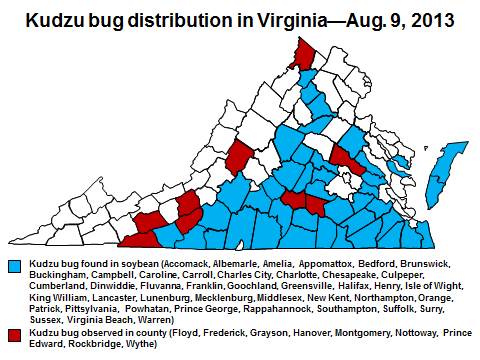
- Kudzu Bug Distribution in Virginia Aug 9 2013
Background to Kudzu Bugs
In October 2009, large aggregations of Kudzu Bug (Megacopta cribraria (F.); Heteroptera: Plataspidae), also known as bean plataspid, lablab bug, or globular stink bug, were discovered on the exterior of houses in nine northeast Georgia counties.
Also see these two 3-minute videos about Kudzu Bugs in Spanish http://youtu.be/Ncc1A-7AOzc
or in English http://youtu.be/h59B67u7zOY
By 2010, Kudzu Bug was confirmed in more than 60 Georgia counties. This insect that is native to Asia feeds on kudzu, wisteria, and other members of the bean family. It has become a serious pest of soybean crop fields as far north as 21 counties in Virginia and 3 southern Maryland counties.
Megacopta cribraria is related to the brown marmorated stink bug. Adult Kudzu Bugs are 4 to 6 mm long, oblong, olive-green colored with brown speckles, and produce a mildly offensive odor when disturbed.
In its native Asia, one of M. cribraria’s preferred hosts is kudzu, an invasive vine introduced into the U.S. more than 100 years ago. While the good news is that the invasive vine Kudzu appears to be a primary host in North America, M. cribraria is expected to spread into most areas where kudzu is established. The bigger concern is that this insect will become another nuisance pest. Similar to behavior of brown marmorated stink bugs, kudzu bugs seek secluded sites like the inside of your home as temperatures fall and daylengths shorten in the fall. They overwinter as adults and emerge in the spring, as temperatures increase,
Control of M. cribraria consists of the following:
Exclusion: place screening over any possible entries into house and ensure that they are tight and well seated, without holes. Be sure to screen soffit, ridge and gable vents. Stuff steel wool into pipe entry points and make sure that all doors are tight fitting. Kudzu bugs on a window frame. Photo courtesy UGA.edu
Insecticide: The insects congregate on sunny south facing outdoor walls in the fall and insecticide applications can be made to stop this. Consult with a certified pesticide applicator who has the equipment needed for broadside applications of nuisance insect control products. Repeat applications may be needed but microencapsulated and wettable powder formulations will last longer. Indoor pesticide applications for M. cribraria are not recommended.
Mechanical: Vacuum and bag insects, gather them and place in hot soapy water, avoid crushing them as long lasting odors and staining of surfaces may result.
Biological: Encourage natural predators by planting a wide variety of plants. Assassin bugs are known to feed on M. cribraria, and other native predators may emerge. Removal of source plantings like kudzu and wisteria can reduce numbers of bugs in your vicinity.
Further details: http://www.kudzubug.org/
Downloadable 8.5 x 11 pdf poster: http://goo.gl/PxcLjx
Have You Seen This Bug QR Code Kudzu Bug Poster

![Kudzu-Bug-2[1]](https://blogs.ext.vt.edu/arl-alexvce/files/2014/03/Kudzu-Bug-21.jpg)
